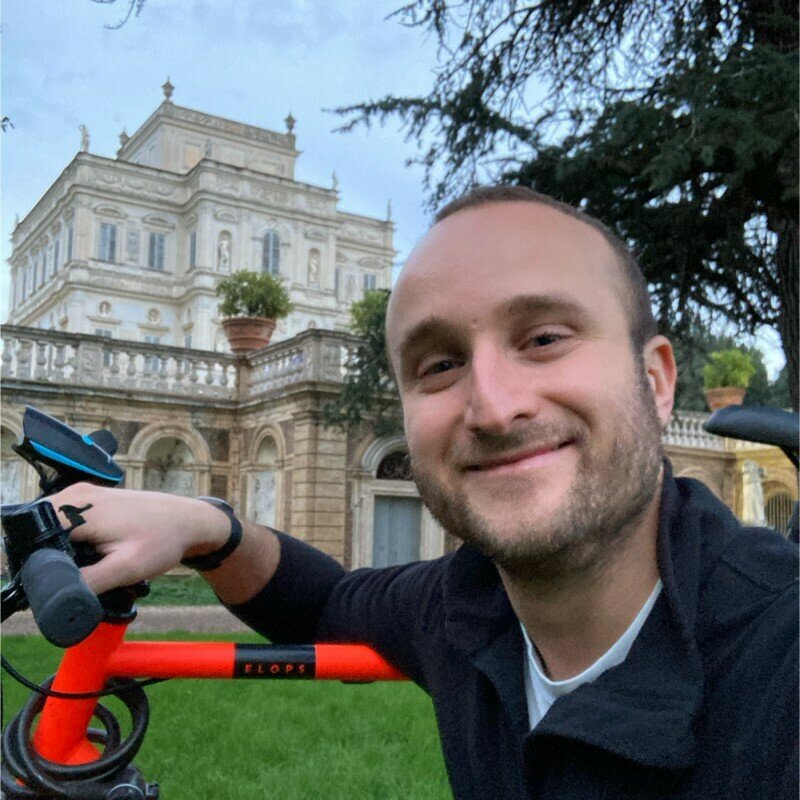INTRO O
PROBLEM SOLVING AND
PROGRAMMING IN PYTHON
(use the Space key to navigate through all slides)

|
Prof. Andrea Gallegati |
Prof. Dario Abbondanza |


CIS 1051 - DICTIONARIES

Understanding the
objects
Playing with Keys and Values
dict
A dictionary is a collection of key-value pairs.
- Created using curly braces,
person = {"name": "Dario", "age": 30}
-
Each entry maps a unique key to a value
-
Keys must be immutable types (e.g., strings, numbers, tuples), while values can be any data type
-
Dictionaries are mutable, just like lists
Common dict methods
-
get(key, default=None): Safely access a value, returningdefaultif the key does not exist. -
keys(): Return a view of all keys. -
values(): Return a view of all values. -
items(): Return a view of all (key, value) pairs. -
pop(key[, default]): Remove the specified key and return its value. -
update(other_dict): Merge another dictionary’s key-value pairs into the current dictionary.
Functions that are proper of the dict class
Common dict methods
Functions that are proper of the dict class
Iteration
Is commonly used with dictionaries
person = {"name": "Dario",
"age": 30}
for key in person.keys():
print(key, person[key])
for key, value in person.items():
print(key, value)This was crafted with
A Framework created by Hakim El Hattab and contributors
to make stunning HTML presentations
